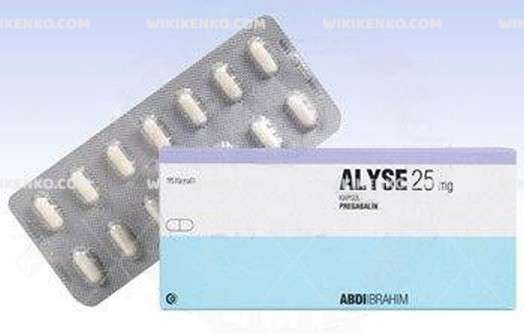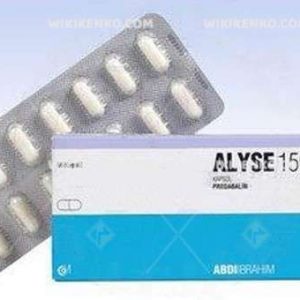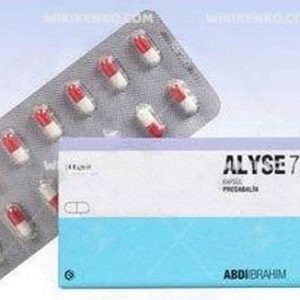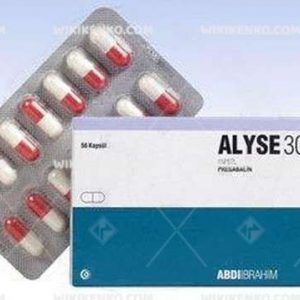Description
Usage
Alyse Capsule 25 Mg is a prescription medication that’s primarily used to treat pain caused by damaged nerves in people with diabetes, a condition known as diabetic neuropathy. It’s also used for the management of neuropathic pain associated with diabetic peripheral neuropathy and post-herpetic neuralgia. In addition, Alyse can be used for the adjunctive therapy for adult patients with partial onset seizures. Furthermore, it’s an effective management option for fibromyalgia and neuropathic pain associated with spinal cord injury.
Mechanism of Action
Alyse Capsule 25 Mg works by binding presynaptically to the alpha-2-delta subunit of voltage-gated calcium channels in central nervous system tissues located in the brain and spinal cord. While the exact mechanism of action isn’t fully understood, studies suggest that pregabalin, the active ingredient in Alyse, disrupts calcium channel trafficking or reduces calcium currents. As a result, the inhibition of subunits of voltage-gated calcium channels reduces calcium release, which inhibits the release of several neurotransmitters. Additionally, studies suggest that the descending noradrenergic and serotonergic pathways originating from the brainstem may be involved in the mechanism of Alyse.
Trade Name and Availability
Alyse Capsule 25 Mg is also known as Pregabalin, its generic name. The medication is only available by prescription and is distributed under the trade name Alyse.
Side Effects
Like all medications, Alyse Capsule 25 Mg can cause side effects. Common side effects of Alyse include dizziness, blurry vision, headache, nausea, weight gain, sleepiness, trouble concentrating, and swelling of hands and feet. However, not everyone will experience these side effects, and they may vary from person to person. If you experience any side effects while taking Alyse, it’s crucial to speak with your doctor.
Conclusion
Alyse Capsule 25 Mg is a medication that can effectively manage pain caused by damaged nerves, partial onset seizures, and neuropathic pain associated with spinal cord injury and fibromyalgia. The drug works by slowing down nerve impulses in the brain and impacting chemicals that send pain signals across the nervous system.
As with all medications, Alyse Capsule 25 Mg can cause side effects, so it’s crucial to speak with your doctor if you experience any adverse effects. If you’re suffering from any of the conditions mentioned above, Alyse Capsule 25 Mg may be an effective treatment option for you.














Reviews
There are no reviews yet.